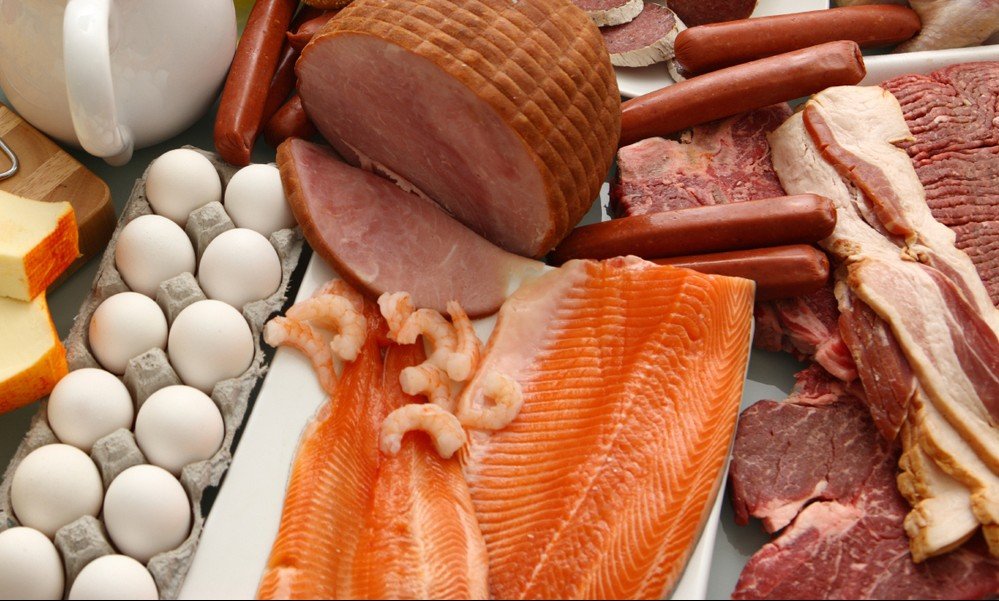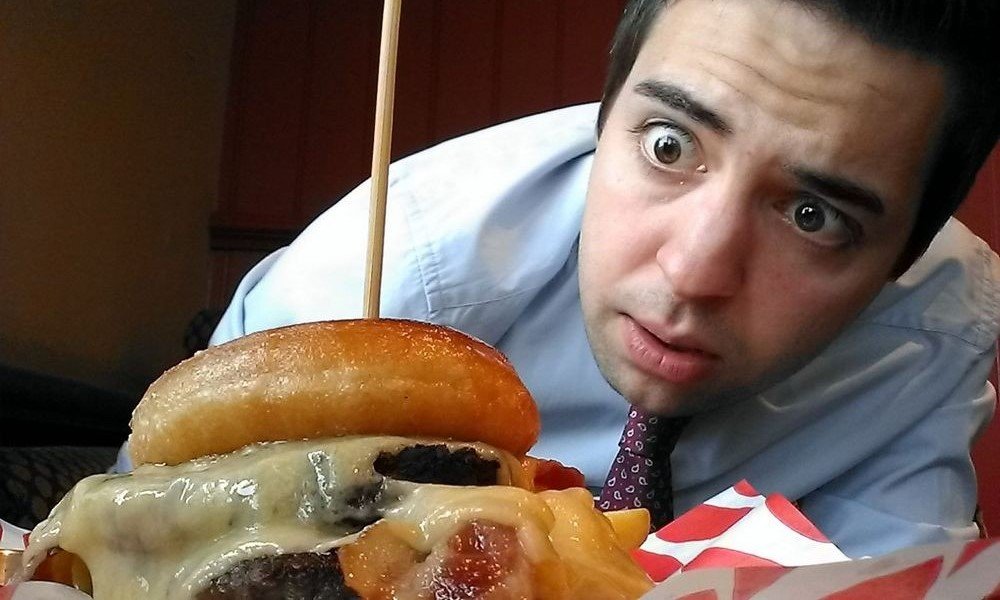Protein-enhanced foods and their link to weight-loss are the talk of the food industry, so much so that the high-protein diet has seemingly become an obsession, especially with celebrities. In fact, the high-protein diet craze is crowding super market shelves and many annoyed people want an end to it, wondering if it’s just another food fad.
Our bodies need proteins to function properly, but how much no we really need? Health experts in the United States recommend a daily allowance of .36 grams of protein per pound of body weight, which means most individuals need somewhere between 70 and 120 grams of protein daily. Most individuals in developed countries meet their daily needs, but not all.
ALSO READ: Not a Myth — Mediterranean Diet is Very Good for Your Health
A Hi-Protein diet isn’t really harmful, but only when it is followed in a short period of time (it makes you feel full and, thus, aids in weight-loss. However, while a high-protein diet doesn’t have a harmful effect on your body, a new study finds that a long-term protein diet with carbohydrate restriction can result in several health problems:
- Hi-Protein diets restrict carbohydrates intake, possibly resulting in a deficiency in fiber. A lack of fiber can cause problems such as headaches, constipation and even bad breath.
- The average person’s high-protein diet mostly consists of red meat intake, and too much red meat has been linked to an increased risk of heart disease.
- For those suffering from a kidney disease, a high-protein diet may worsen kidney function because your body might have a hard time eliminating the waste products of protein metabolism.
Even with these side effects, a high-protein diet is still more ideal than the typical first-world diet. However, if you follow it, choose your protein wisely. Your high-protein diet plan for weight loss should avoid processed meats, especially red meat, in favor of skinless poultry, fish, soy protein, beans, nuts, lean beef and low-fat dairy products.
It’s also important to consume quality carbohydrates (carbs). Like processed meats, processed carbs are bad and should be replaced with those that are high in fiber and nutrient-dense, such as whole grains, vegetables and fruit.
Finally, it’s a good idea to consult a trusted family doctor before following a high-protein diet, because not everyone’s body is cut out for it.
If you were to ask me, I would say that — like the pegan diet — a high-protein diet is sensible eating if done right. Considering how much it’s talked about in the media, it’s also a fad. What do you think?















